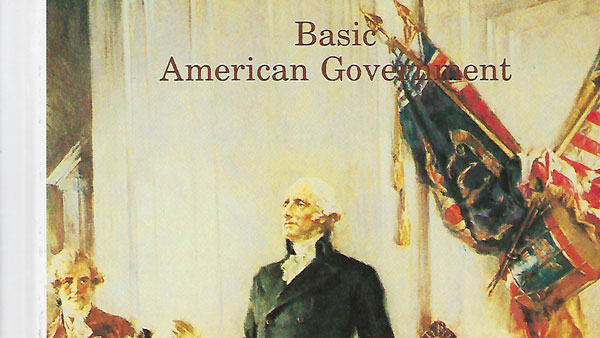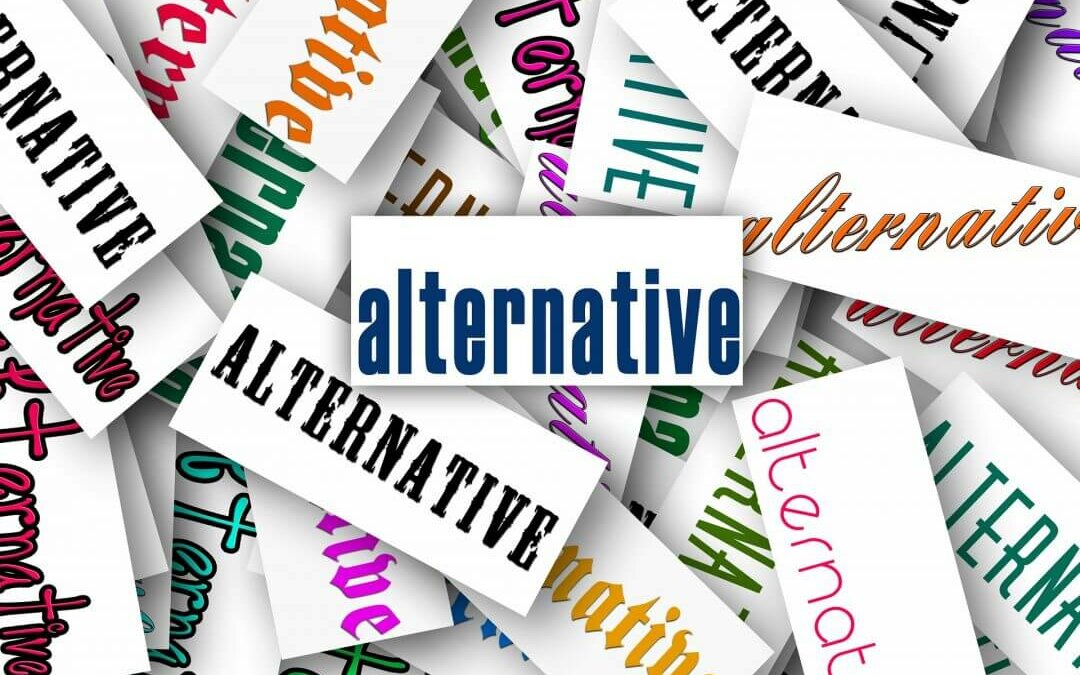

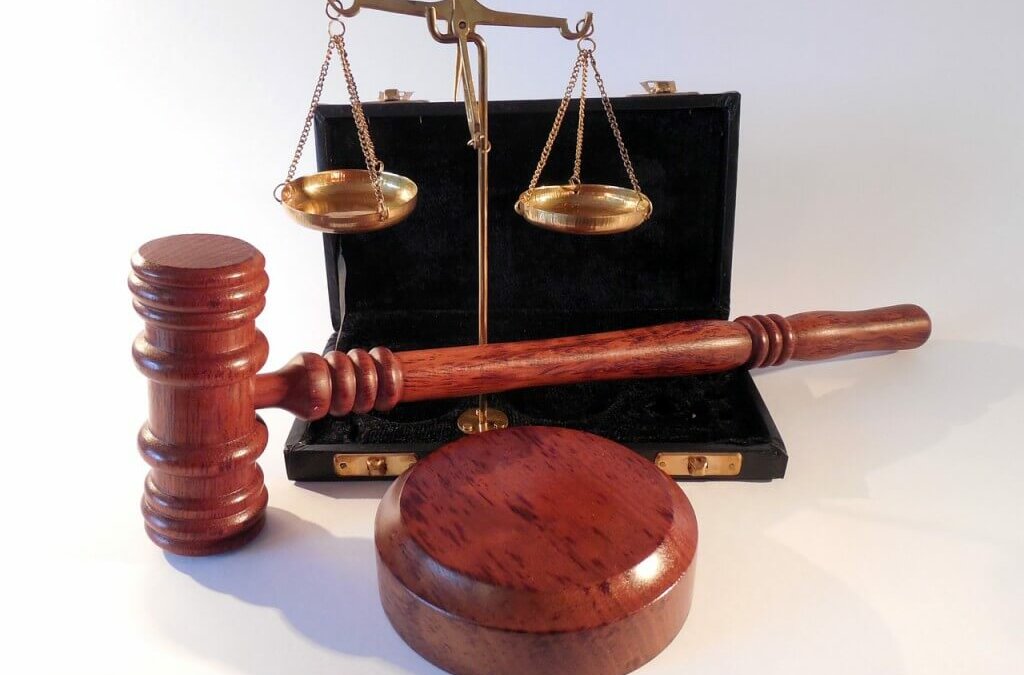
Rule Makers Gone Wild
Each year for the past twenty years Clyde Crews of the Competitive Enterprise Institute has updated his assessment of the federal regulatory government.[i] Over the course of that time span the various federal agencies have drafted over 81,000 final rules and...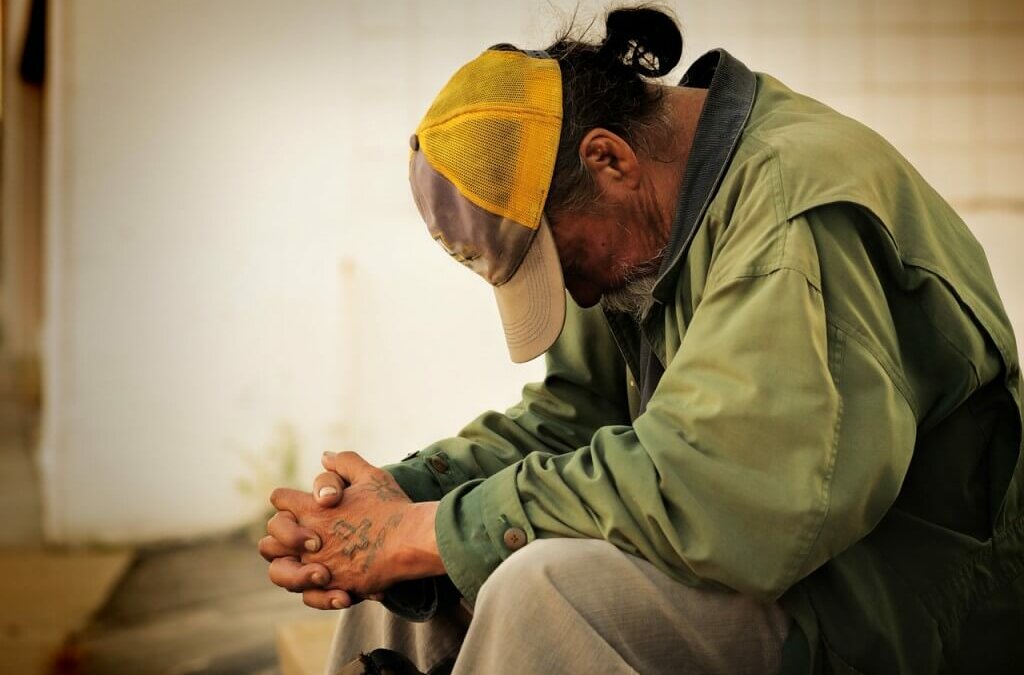
Government Action and Oppressing the Poor
The writer of Proverbs warns us against the folly of keeping a common purse with immoral people.[1] This proverb can be applied to how we think about our government’s provision of various goods and services ranging from education to housing to healthcare. Indeed,...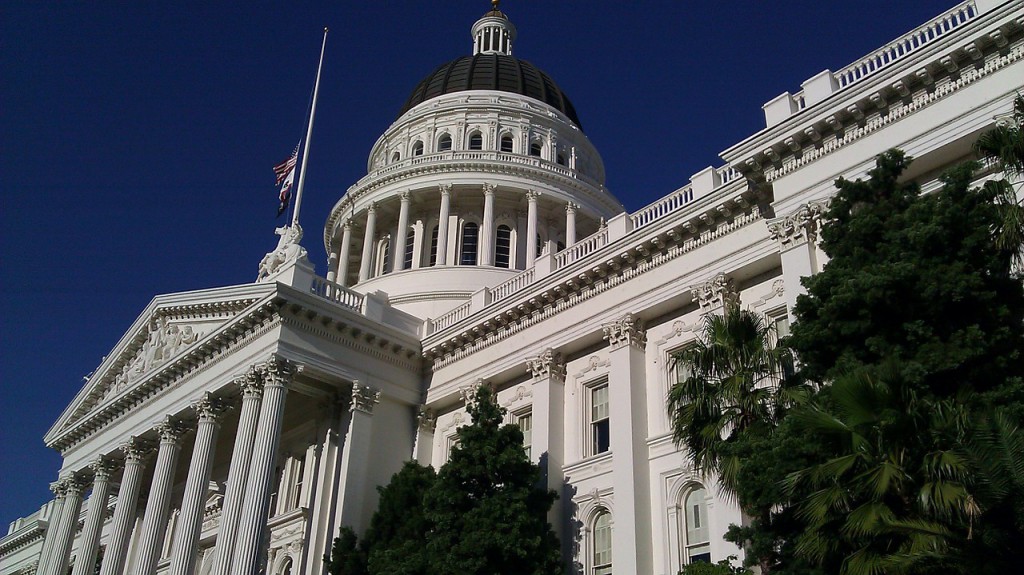
On Limited Government
Moral action requires choice. How can we say that one action is virtuous and another immoral, if the person acting has no choice in the matter?

The Underlying Problem of Naturalism in the Study of Economics
The naturalist assumption that the only valid method of inquiry is the scientific method has generally succeeded in becoming the primary view among academics worldwide. However, when we really consider what is being said we should not be so quick to acquiesce to the...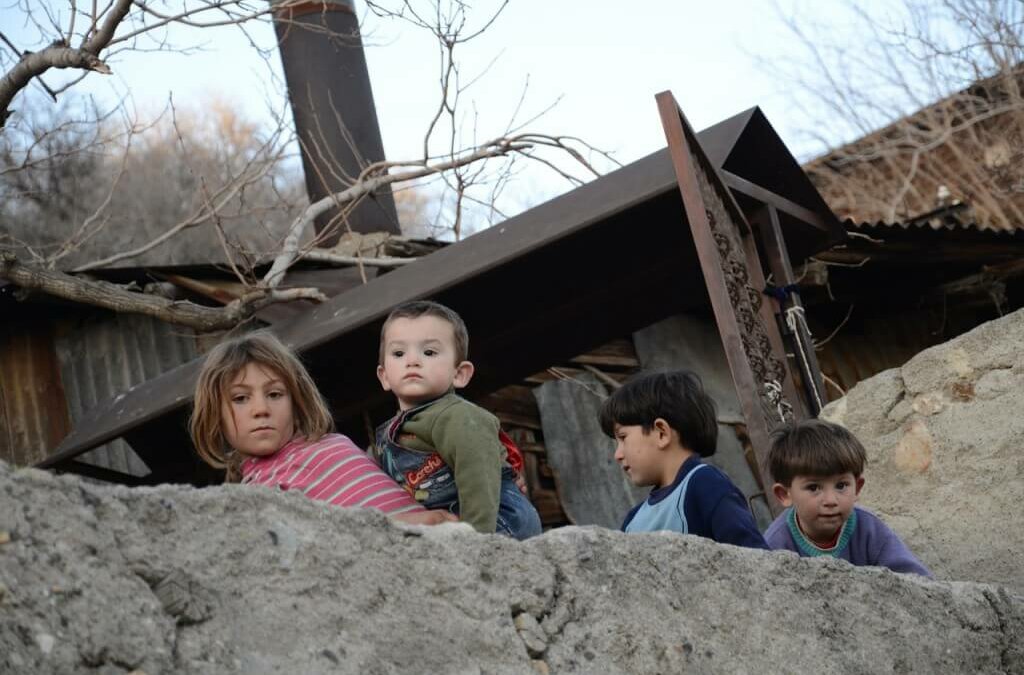
Character Development in a World of Suffering
Suffering and hardship will end in heaven. For this reason, virtue and poverty cannot be linked. However, the poor are not virtuous simply because they are poor. As I discussed in a previous post, poverty arises for many reasons. In many cases it is the result of bad...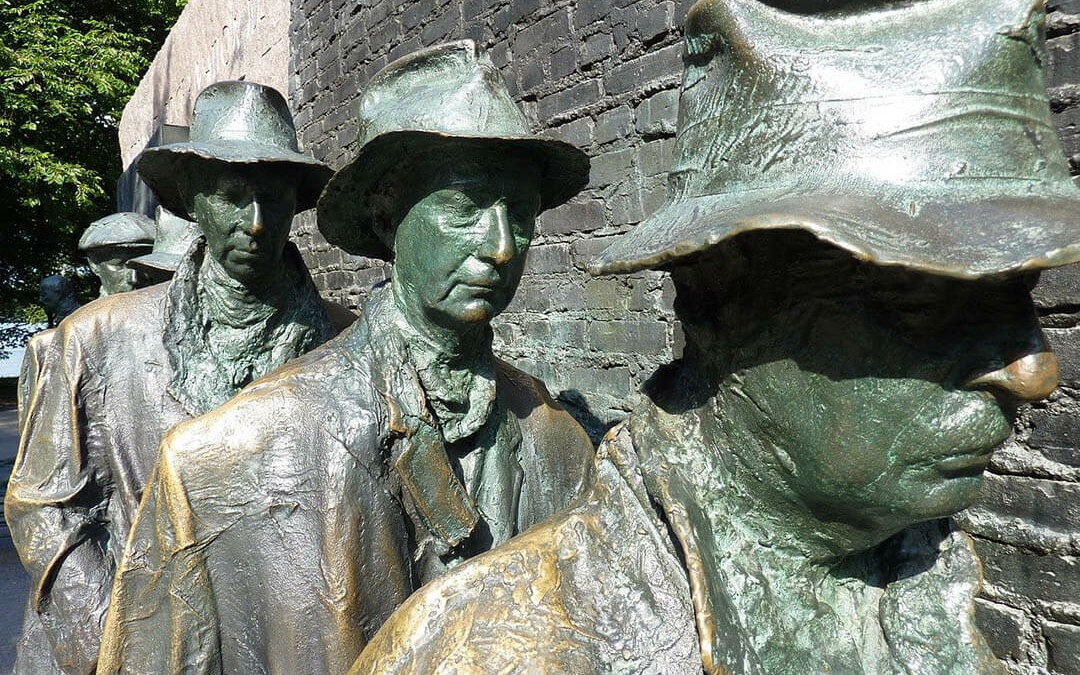
Affirming the Natural Law
On a recent trip to China I had the opportunity to give a lecture to a large class of freshmen and sophomore management students. There were around 225 students in attendance. As is my habit in such situations, I gave a lecture establishing the nature of private...
Economic Goods and the Problem of Greed
Achieving our desired ends requires work. How does greed pose a problem for us in this pursuit?

Do Free Markets Promote the Worst Kinds of Behavior?
Critics of free enterprise often argue that it promotes the worst kind of human behavior, and it must be rejected if moral human action is to prevail. They argue that free enterprise promotes jealousy, envy, and greed.
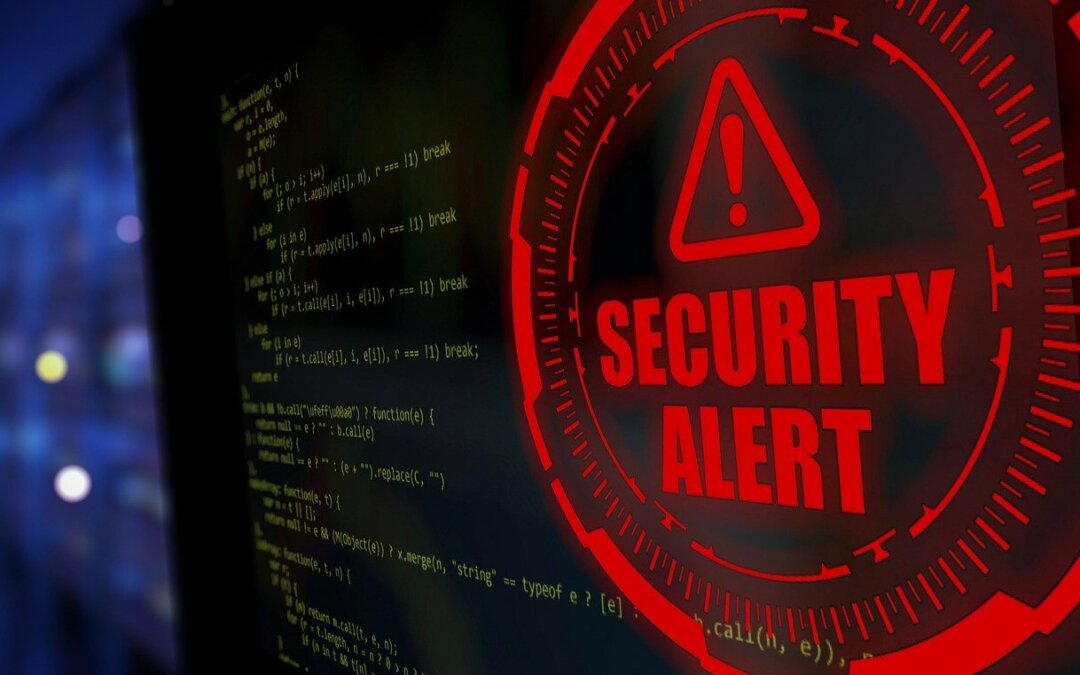
Searching for Security in a Risky World
How much can government reduce our risk level? Consider the principles involved.
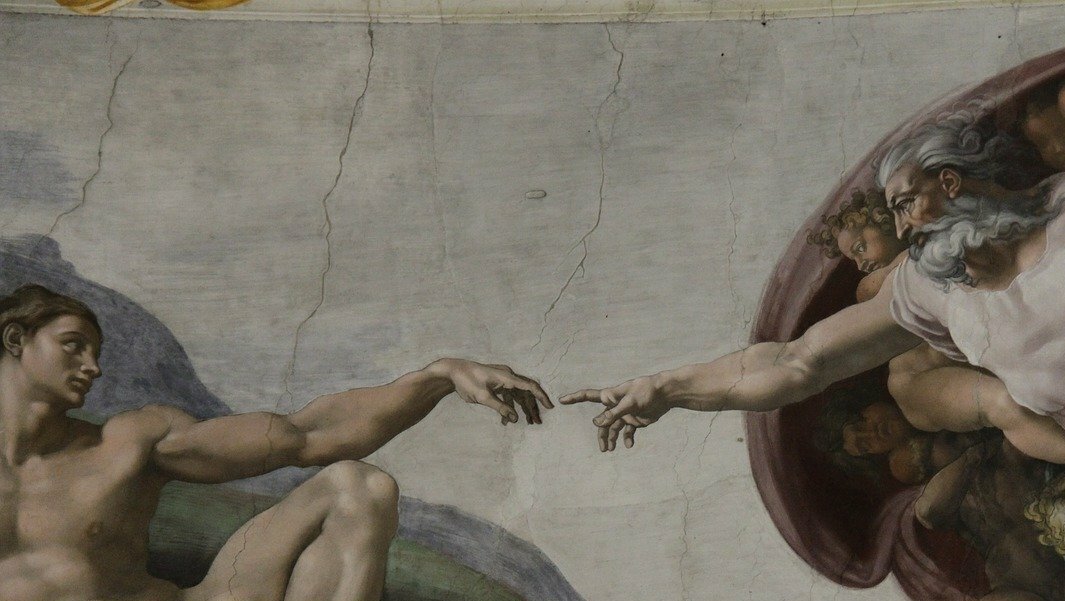
Embracing Economic Liberty: A Commitment to Justice and Mercy
institutional government’s role in society is limited in nature and is aimed at securing the peace by defending the rights of the individual.
Radio Interview
The following link is a radio show that recently interviewed me. My part is the 3rd segment of the program and you can listen to the entire program or move ahead to my part of the program. Economic and Geopolitical Update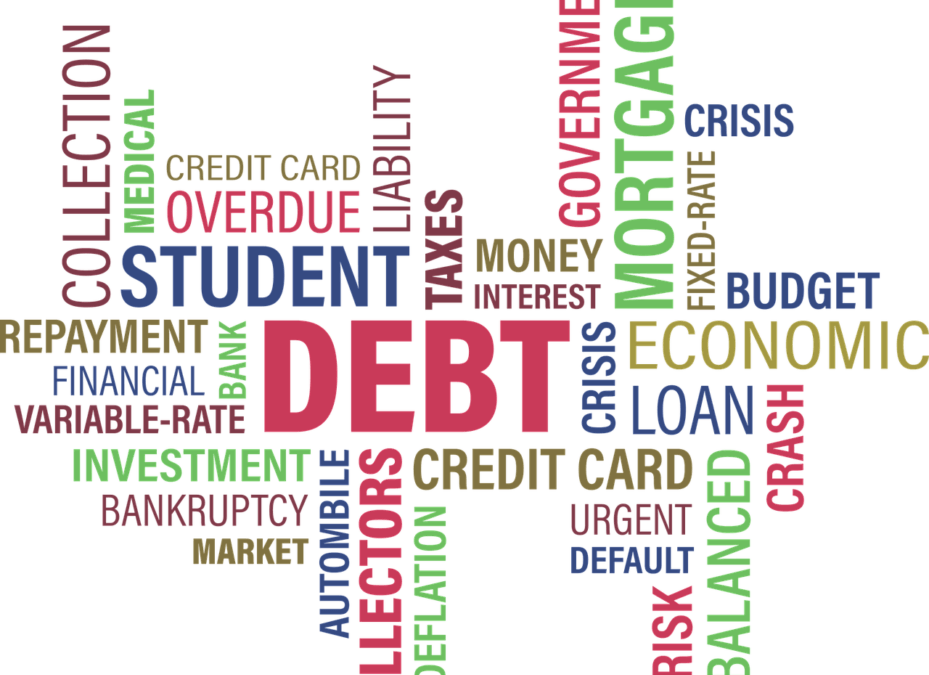
Our Current Economic Outlook
As Moses was completing the Lord’s instructions to the Israelites as they were about to enter the promised land, he outlined a series of blessings that would be theirs if they obeyed God and curses that would befall them is they disobeyed. In Deuteronomy 28 we read about these blessings and curses. Obedience would result in a general national prosperity and the accumulation of wealth such that the nation would lend money to many nations but would borrow from none. That is not to say
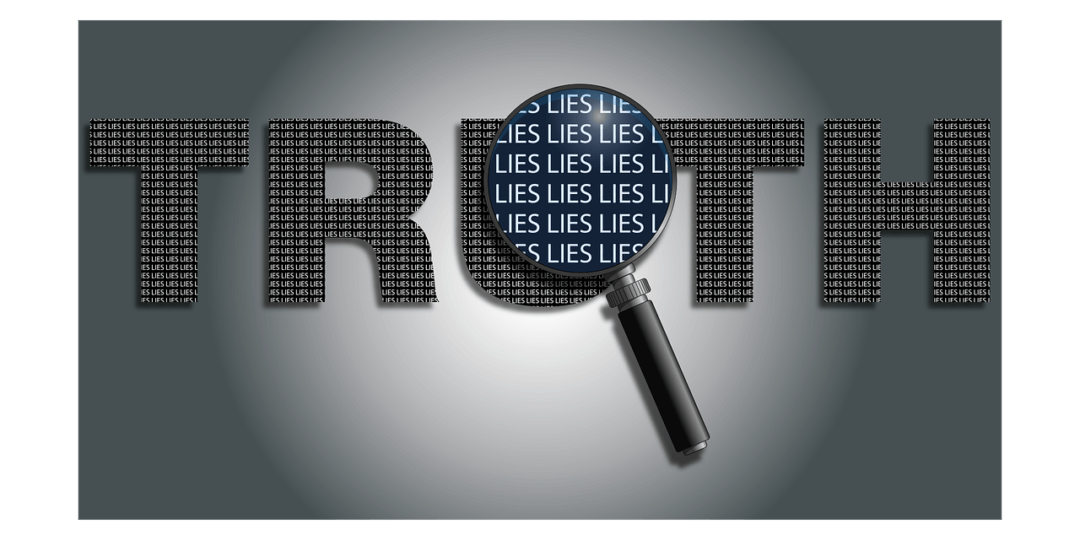
Lies, Lies, and More Lies
How does fraud and corruption in government really affect us? Who believes the lies our leaders sometime tell?
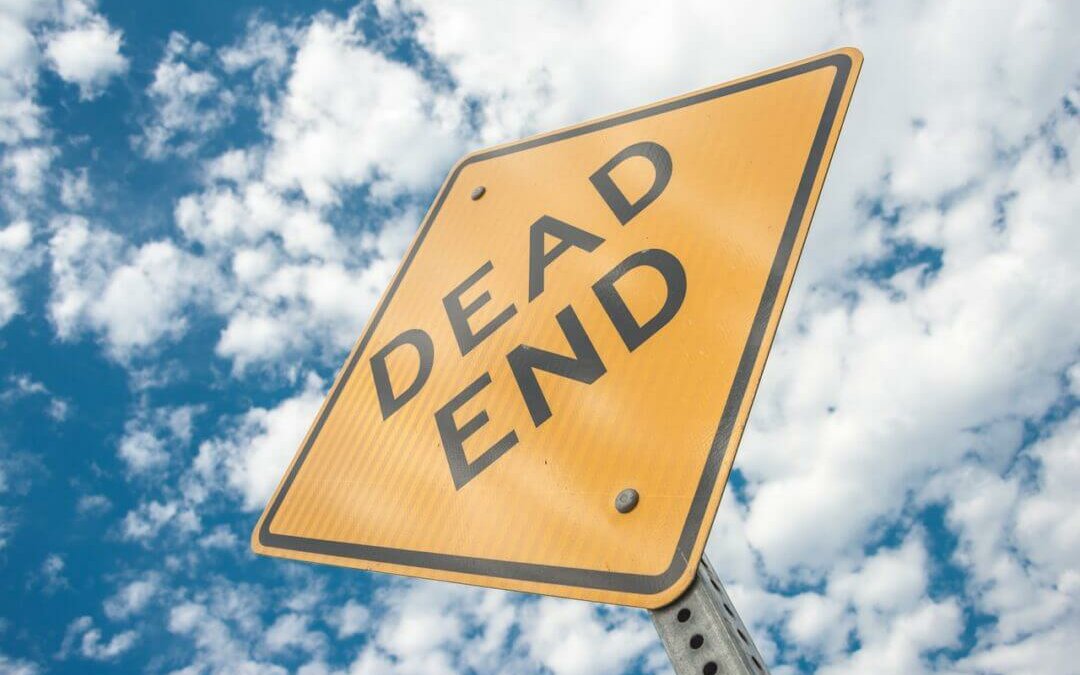
The Scientific Cul-de-sac of Utilitarianism
True religion can make no peace with a false philosophy, any more than with a science that is falsely so-called; a thing cannot possibly be true in religion and false in philosophy or in science. All methods of arriving at truth, if they be valid methods, will arrive...
Moral Hazard and the Socialist Underwriting of Risk
What is moral hazard? And how does it relate to socialist attempts to eliminate or underwrite all risk?

Economic Growth: What’s Love Got to do With It?
What does economics have to do with love, beauty, justice and benevolence?
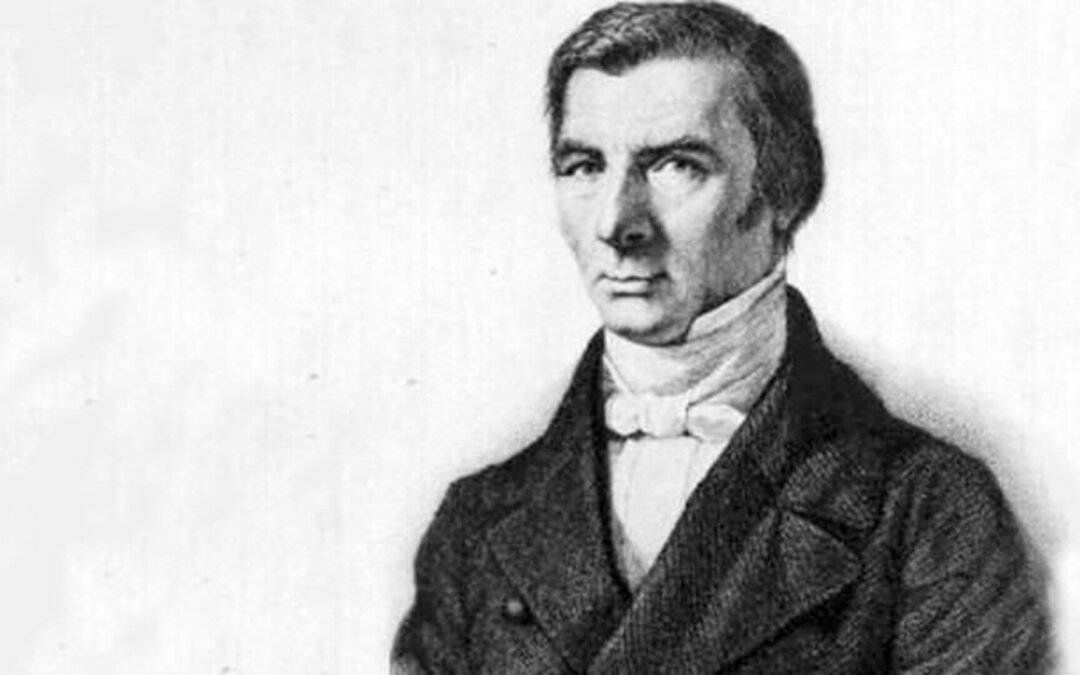
The Life and Work of Frédéric Bastiat: One Man’s Call for Liberty
With single-minded purpose Bastiat destroyed the arguments of protectionists and socialists and, in so doing, defined what he believed to be the appropriate role of government.

Who is Paul Cleveland?
Dr. Paul Cleveland is a Professor of Economics and Finance at Birmingham-Southern College. He earned his Ph.D. in Economics from Texas A&M University and began his career at SUNY-Geneseo in 1985.
